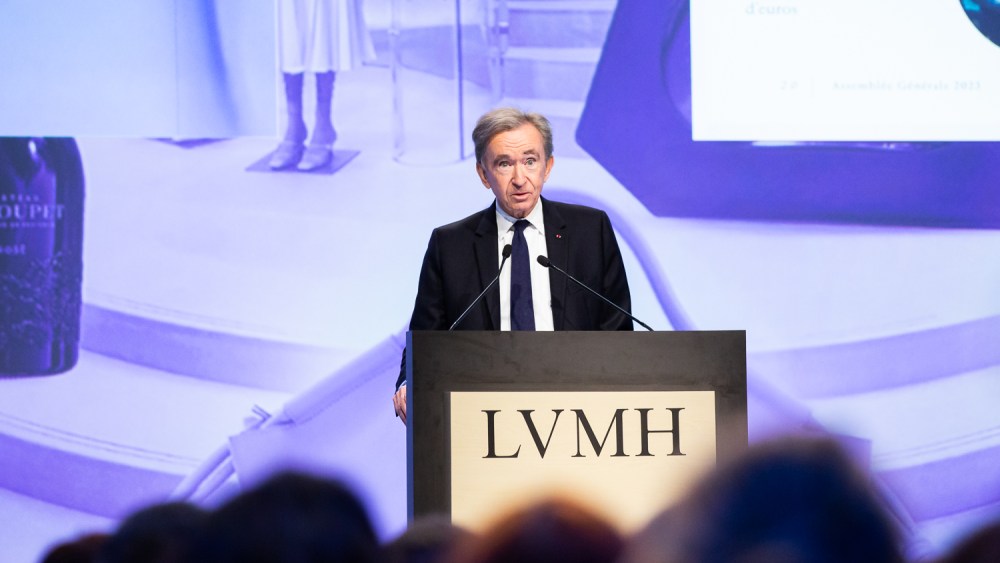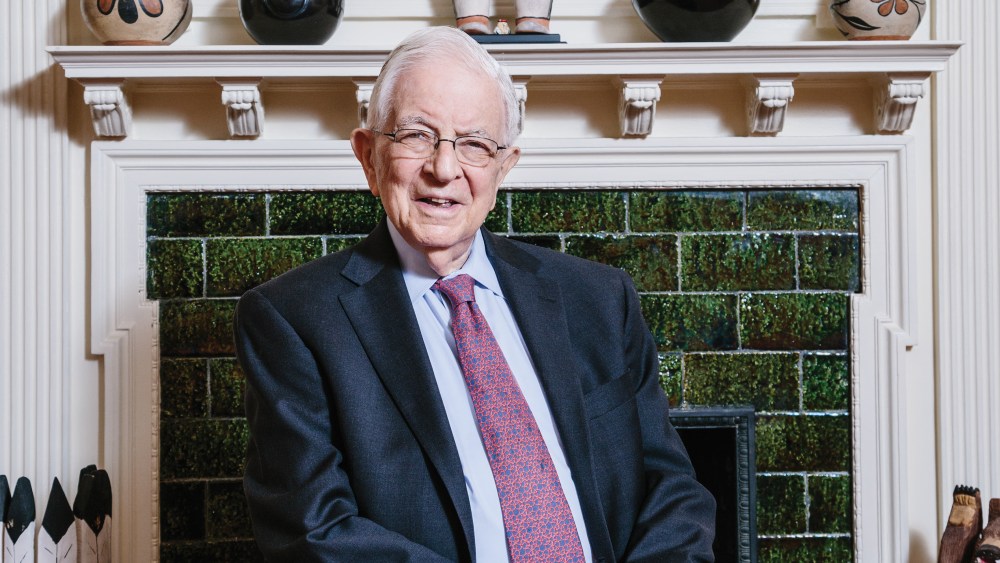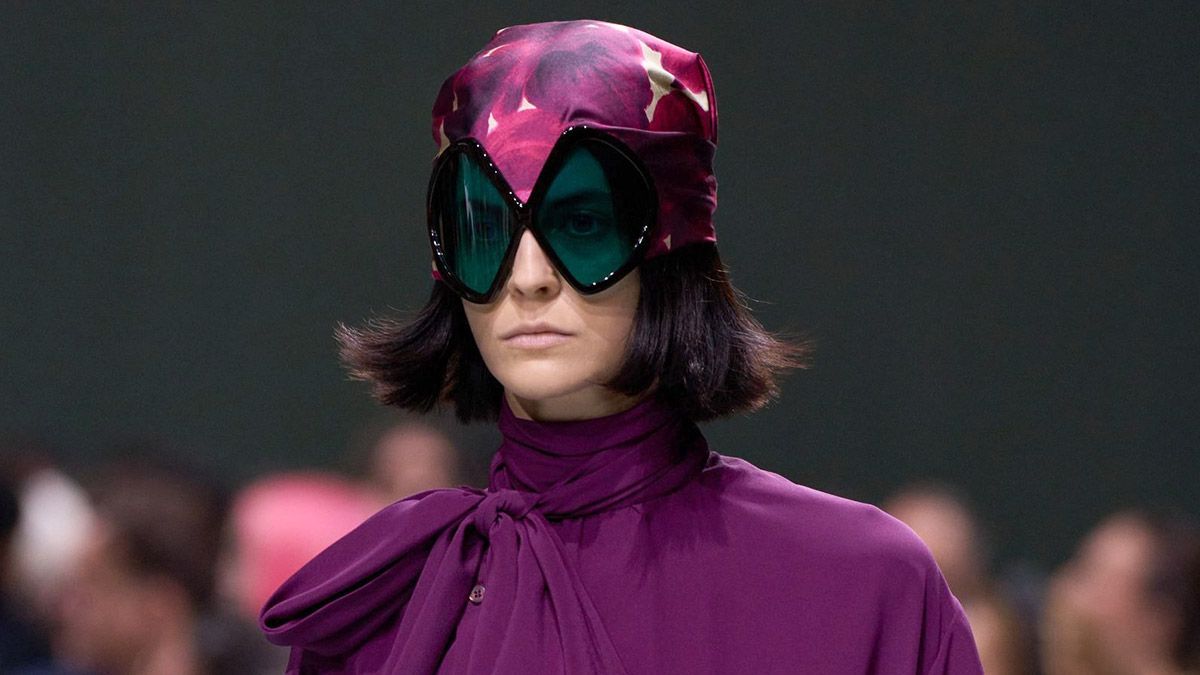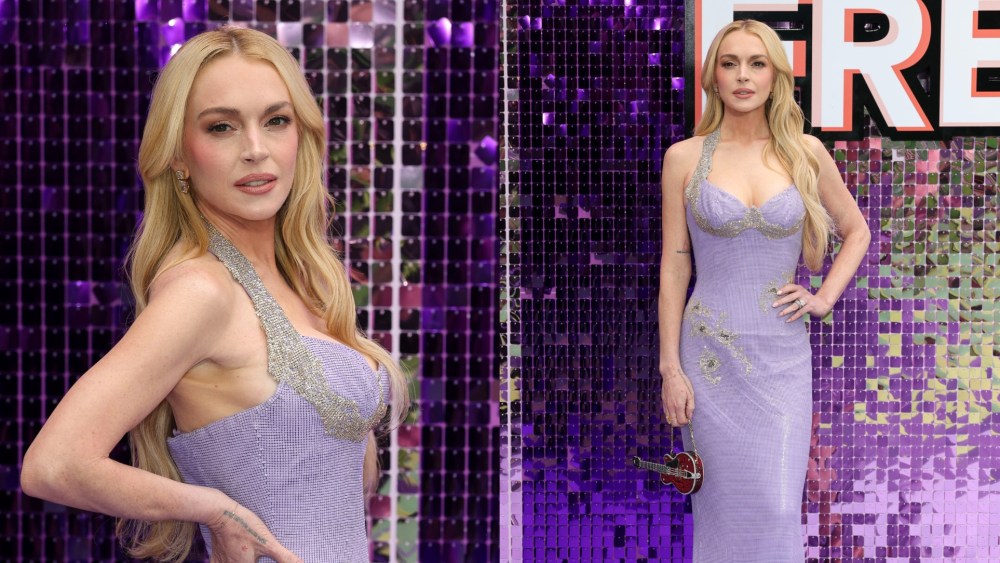
PARIS – French luxury magnate Bernard Arnault has defended the trade deal reached between the United States and the European Union against accusations that it is lopsided and will impact European growth in the medium-term.
In an opinion column published on Wednesday in French financial daily Les Echos, the chairman and chief executive officer of LVMH Moët Hennessy Louis Vuitton described the agreement as a necessary compromise and argued that it averted an outright trade war.
“The trade agreement recently reached between the European Union and the United States has drawn criticism. It has been labeled asymmetric, defensive—even inadequate. I understand those concerns,” the businessman acknowledged.
“But as the head of a European global business, I believe it was important to avert a breakdown. This deal is an act of responsibility. In the current geopolitical and economic context, it is a good agreement,” he added. LVMH owns Les Echos.
Arnault, who attended U.S. President Donald’s Trump second inauguration in January and visited the White House in May, acted as an unofficial broker in the trade talks, holding meetings with senior European officials including German Chancellor Friedrich Merz and Italian Prime Minister Giorgia Meloni, in addition to speaking with Trump and senior U.S. officials.
In the wake of the deal, Merz struck a resigned note, saying that “more simply wasn’t achievable.” But French Prime Minister François Bayrou was more openly critical, calling it a “dark day” in a post on X.
Meanwhile, economists have warned about the agreement’s implications.
Olivier Blanchard, Robert M. Solow professor emeritus of economics at the Massachusetts Institute of Technology, called it a “defeat” for the European trade bloc.
“When the law of the jungle prevails, the weak have little choice than to accept their fate. But Europe could potentially have been strong, either alone or in a coalition with others. It would have had to be ready for stormy waters. But it would have gotten a better deal in the end and sent a strong message to the world,” he wrote on X.
Jack Allen-Reynolds, deputy chief euro-zone economist at macroeconomic research firm Capital Economics, predicted the tariffs would reduce the EU’s gross domestic product by around 0.5 percent, adding this was “worse than we had previously assumed.”
Arnault said critics needed to accept that the normal rules no longer apply, a seeming reference to Trump’s fast and loose approach to diplomacy that saw him brandishing threats of unilateral tariffs of 30 percent on EU goods.
“Let’s be clear: Europe did not seek this deal. Europe did not ask to rewrite international trade rules to fit short-term interests. But when confronted with a partner willing to abandon existing norms, Europe had to stand firm—without provoking a break,” Arnault said.
“The Commission did not secure a perfect agreement, but it achieved a necessary one. It protects essential interests, avoids a full-blown confrontation, and maintains a baseline of stability,” he added. “I know President Trump. He would not have backed down from a prolonged standoff.”
Arnault’s tone contrasted with his comments in January, when he forecast a “booming” U.S. market would help his luxury empire recover this year.
“I felt the wind of optimism that is blowing there. When you return to France after spending a few days in the U.S., it’s a bit of a cold shower, I must say. In the U.S., you get the feeling that you’re welcomed with open arms,” he said at a press conference.
While Arnault has tempered his enthusiasm in the wake of Trump’s “Liberation Day” announcement in April, which sent global markets into a tailspin, he’s maintaining a pragmatic approach to dealing with the U.S. administration, announcing last week that LVMH plans to open a second factory in Texas by early 2027.
Arnault, who has known Trump since his days as a real-estate developer in the 1980s, invited the president to inaugurate a first Louis Vuitton factory in Texas in 2019.
He already has his sights set on his next battle: securing more favorable terms for wines and spirits, which were excluded from the trade agreement, a decision Arnault called “damaging.”
“I hope ongoing discussions will provide some clarity. The mutual recognition of our protected designations of origin and fair treatment for exports are not just economic matters—they are questions of cultural sovereignty,” he said.
#Bernard #Arnault #Defends #U.S.EU #Trade #Deal #Vital #Compromise






